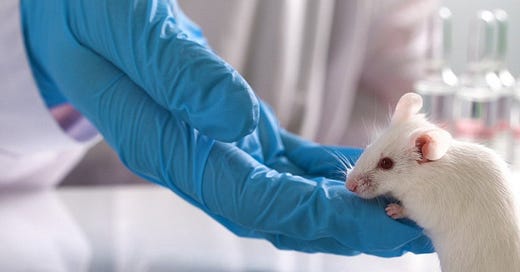Taiwan Researcher’s Covid-19 Bite Raises Questions
Infection from contaminated mouse raises concern over virus’s ability to escape from lab
By: Jens Kastner
In late December, Taiwan’s top research institute, Academia Sinica, was fined for violating regulations governing the management of infectious biological materials after a laboratory researcher was infected with Covid-19 in circumstances that continue to unsettle medical experts and add to suspicions that the original pandemic could have…
Keep reading with a 7-day free trial
Subscribe to Asia Sentinel to keep reading this post and get 7 days of free access to the full post archives.



